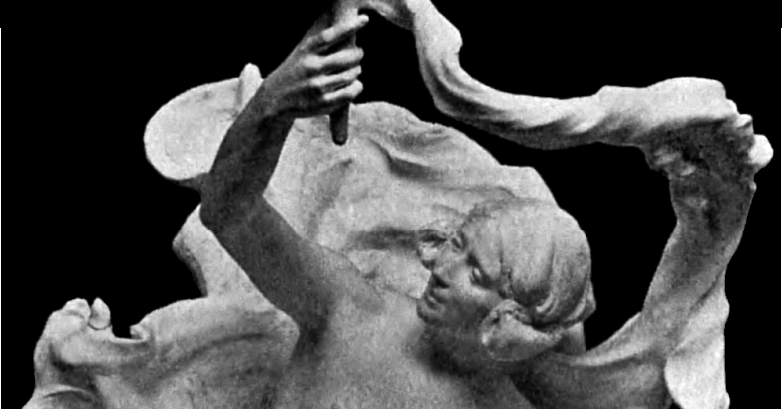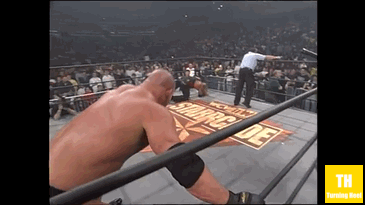דבר
The verb דבר (
dabar) means to formalize: to deliberately establish and pronounce something's name or definition. This causes the thing to become "real" in the mind of whoever understands this word, name or definition, and this in turn explains why all of creation was
spoken into being, and Man in turn "named" all the animals by their name and finally his Wife by hers (Genesis 2:19-23). This principle sits at the base of nominal reasoning and thus human awareness and ultimately Information Technology.
Noun דבר (
dabar) means word. It also means "thing" since the naming of a thing causes the experienced reality of the thing. All thus created "things" together form the whole of experienceable reality, which in turn is called the Word of God.
Noun דבר (
deber) describes any deadly pestilence, which is a "word" that breaks unstable compounds apart. In nature this occurs via the
Weak Nuclear Force. The ability of unstable compounds to break apart sits at the heart of all progress and thus all reality.
The rare noun דבר (
dober), refers to a pasture; probably a well-defined fenced-in field upon which sheep graze. Figuratively this word obviously refers to some specific Holy Book from which a community feeds (the books of the Bible originated as separate works, with their separate adherers). Noun דברה (
dibra) means matter or issue, and the similar noun דבורה (
deborah) describes the bee (this probably because bees make honey, and "milk and honey" denote essential sustenance). The noun דביר (
debir) was a nickname for the Holy of Holies and means "place of the word".
The noun מדבר (
midbar) literally means "place of wording" and is used once to mean mouth and 270 times to mean wilderness, and because a wilderness is a place without cultivation, any cultivation needs to spring up in a wilderness. And anybody serious about the quest for true insight needs to leave the culture (or religion) of his heritage behind and spend a stint in the uncharted wild. All major players in the Bible did so.




 for the first time in this thread, I hear him in you.
for the first time in this thread, I hear him in you. a lower yodh and a upper yodh leaning on a vav
a lower yodh and a upper yodh leaning on a vav



 seems like
seems like 







